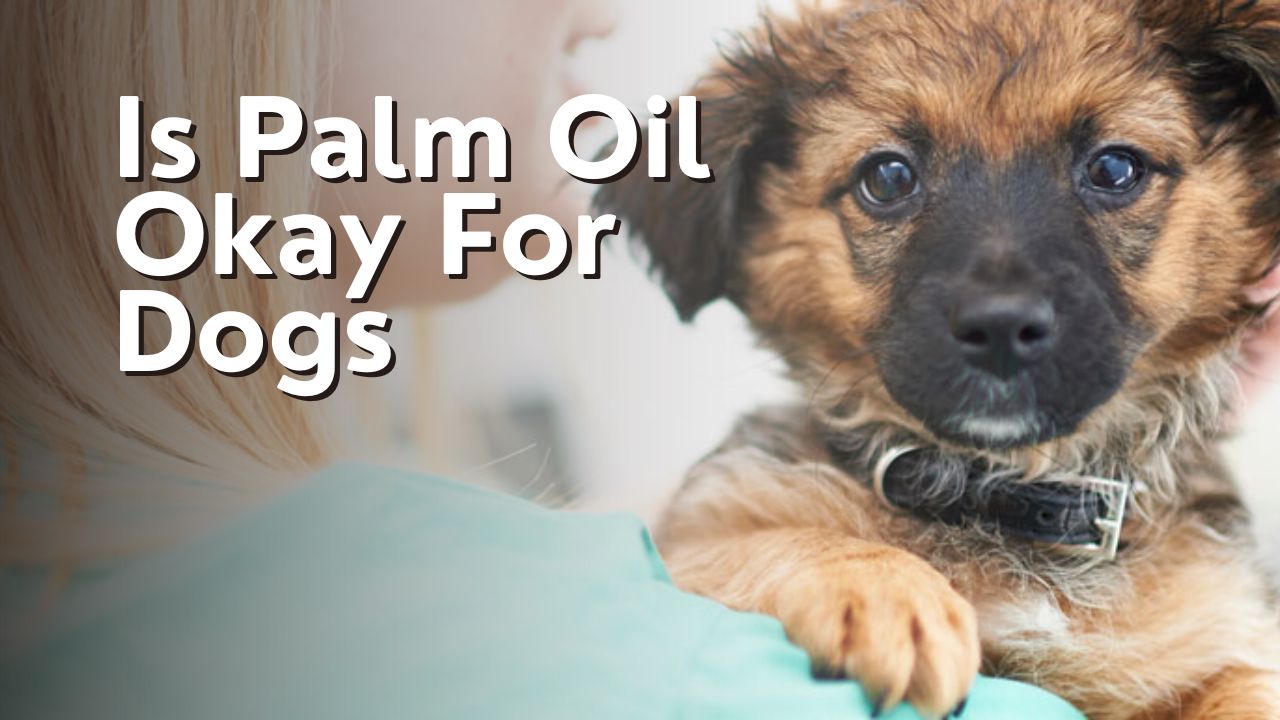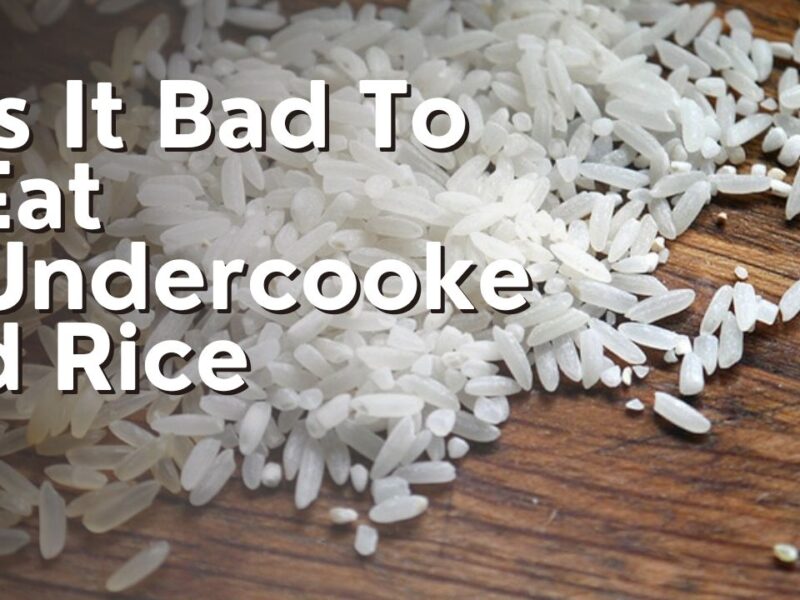Hey there! So, you’re probably wondering if palm oil is safe for your furry friend. Well, let me break it down for you.
Palm oil is a type of vegetable oil that’s commonly used in many human food products. But is it okay for dogs? That’s the question we’re going to explore in this article.
We’ll delve into the composition of palm oil, the potential risks and benefits of feeding it to dogs, and the things you should consider before making a decision about including it in your pup’s diet.
By the end of this read, you’ll have all the information you need to make an informed choice for your four-legged companion. So, let’s dive in and uncover the truth about palm oil and our furry friends!
Understanding Palm Oil and its Composition
So, you’re probably wondering if palm oil is safe for your furry friend, right? Well, let me break it down for you.
Palm oil is a type of vegetable oil that is derived from the fruit of the oil palm tree. It is commonly used in various food products, cosmetics, and even household items. However, when it comes to dogs, there are some things you need to consider.
Firstly, palm oil is high in fat content, which can be problematic for dogs. While fat is an essential part of their diet, excessive consumption can lead to weight gain, digestive issues, and even pancreatitis. Additionally, palm oil contains a high level of saturated fats, which are not ideal for dogs as they can increase their risk of developing heart disease or other health problems.
Furthermore, palm oil is often used in processed foods, such as snacks and treats, which are not recommended for dogs. These products usually contain added sugars, preservatives, and other unhealthy ingredients that can be harmful to their overall health.
In conclusion, while a small amount of palm oil may not be immediately harmful to your dog, it is best to avoid feeding it to them. Instead, opt for healthier alternatives that are specifically designed for canine consumption. Remember, the well-being of your furry friend should always be a top priority.

Potential Risks of Feeding Palm Oil to Dogs
Although it’s important to be cautious, there are potential risks associated with introducing palm oil into a dog’s diet.
While palm oil is generally safe for human consumption, it may not be the best choice for our furry friends. One of the main concerns is its high-fat content. Dogs are prone to weight gain and obesity, and consuming excessive amounts of fat can contribute to these issues. Palm oil is also high in calories, which can further contribute to weight gain if not properly regulated.
Furthermore, palm oil contains a significant amount of saturated fats. These fats can increase the risk of heart disease and other cardiovascular problems in dogs, just as they do in humans. Too much-saturated fat can lead to clogged arteries and other serious health issues. Additionally, some dogs may have difficulty digesting palm oil, leading to digestive problems such as diarrhea, vomiting, or pancreatitis.
It’s important to note that not all dogs will have negative reactions to palm oil, and small amounts may not cause any harm. However, it’s always best to consult with a veterinarian before introducing any new foods into your dog’s diet. They can provide personalized advice based on your dog’s specific needs and health conditions.
Potential Benefits of Feeding Palm Oil to Dogs
If you’re looking to improve your furry friend’s coat and skin health, incorporating palm oil into their diet may have some potential benefits.
Palm oil is rich in vitamin E, which is known for its antioxidant properties. Antioxidants help protect cells from damage caused by free radicals, which can contribute to skin issues and premature aging. By adding palm oil to your dog’s diet, you may help promote a healthier and shinier coat.
In addition to its antioxidant properties, palm oil is also a good source of healthy fats. These fats are essential for maintaining a dog’s overall health and well-being. They provide energy, support brain function, and aid in nutrient absorption. Including palm oil in your dog’s diet can help ensure they are getting the necessary fats they need.
Furthermore, palm oil contains medium-chain triglycerides (MCTs), which are easily digestible fats. MCTs are quickly converted into energy by the body, making them a great source of fuel. This can be especially beneficial for active dogs or those with high energy levels.
However, it’s important to note that palm oil should be given in moderation, as excessive intake can lead to weight gain and other health issues. Always consult with your veterinarian before making any changes to your dog’s diet, including the addition of palm oil.
Considerations for Feeding Palm Oil to Dogs
When it comes to incorporating palm oil into your furry friend’s diet, there are a few important factors to keep in mind.
- Moderation is key: While palm oil can provide some potential benefits for dogs, it should be given in moderation. Too much fat in their diet can lead to weight gain and other health issues, so it’s important to consult with your veterinarian about the appropriate amount to give.
- Quality matters: It’s crucial to choose high-quality palm oil that is free from additives and preservatives. Look for organic, cold-pressed options to ensure your dog is getting the best possible nutritional benefits.
- Individual considerations: Just like humans, every dog is unique and may have different dietary needs. Factors such as age, breed, and any existing health conditions should be taken into account when deciding whether to incorporate palm oil into their diet. Consulting with a veterinarian is the best way to determine if palm oil is suitable for your specific furry friend.
By following these considerations, you can make an informed decision about whether to include palm oil in your dog’s diet. Remember to always prioritize your dog’s health and well-being above all else.

Making an Informed Decision for Your Dog’s Diet
Consider all the factors and make an informed decision about what to include in your furry friend’s diet, ensuring their health and well-being is the top priority. When it comes to palm oil, carefully weigh the pros and cons before deciding whether to incorporate it into your dog’s diet.
Palm oil can be a source of healthy fats for dogs, as it contains a balanced ratio of saturated and unsaturated fats. These fats are crucial for energy production, hormone regulation, and maintaining a healthy coat and skin. However, it’s important to note that palm oil is high in calories, so portion control is key to preventing weight gain.
Another consideration is the sourcing of palm oil. Unsustainable palm oil production can lead to deforestation and habitat destruction, which has negative implications for wildlife, including orangutans and other endangered species. Therefore, it is crucial to choose sustainably sourced palm oil or alternative oils that have a lower environmental impact.
Furthermore, each dog is unique, and their dietary needs may vary. Some dogs may have sensitivities or allergies to certain ingredients, including palm oil. It’s always best to consult with your veterinarian before introducing any new food into your dog’s diet.
In conclusion, while palm oil can provide nutritional benefits to dogs, it’s important to make an informed decision based on your dog’s specific needs and the environmental impact of the palm oil you choose. Prioritizing your furry friend’s health and well-being is essential in determining the best diet for them.
Frequently Asked Questions
Can palm oil be used as a substitute for other oils in homemade dog food recipes?
Palm oil can be used as a substitute for other oils in homemade dog food recipes. However, it’s important to note that palm oil should be used in moderation due to its high-fat content.
What is the recommended daily amount of palm oil that can be safely fed to dogs?
The recommended daily amount of palm oil that can be safely fed to dogs depends on their size and dietary needs. It is best to consult with a veterinarian to determine the appropriate dosage for your furry friend.
Are there any specific dog breeds that should not consume palm oil?
There are no specific dog breeds that should not consume palm oil. However, it’s always important to consult with a veterinarian before adding any new food to your dog’s diet.
Can palm oil help improve a dog’s coat and skin health?
Yes, palm oil can help improve a dog’s coat and skin health. It contains beneficial fatty acids that promote a glossy coat and moisturized skin. Regular use can lead to healthier fur and reduced dryness or itchiness.
Are there any potential long-term health effects of feeding palm oil to dogs?
Feeding palm oil to dogs may have potential long-term health effects.
Conclusion
In conclusion, after researching the topic, I have come to the conclusion that feeding palm oil to dogs can be risky and should be done with caution.
While it contains beneficial nutrients and can improve coat condition, it is high in saturated fats and may lead to weight gain and other health issues.
It is crucial to consult with a veterinarian and consider the individual needs of your dog before incorporating palm oil into their diet.
Ultimately, the decision should prioritize the overall health and well-being of our furry friends.


